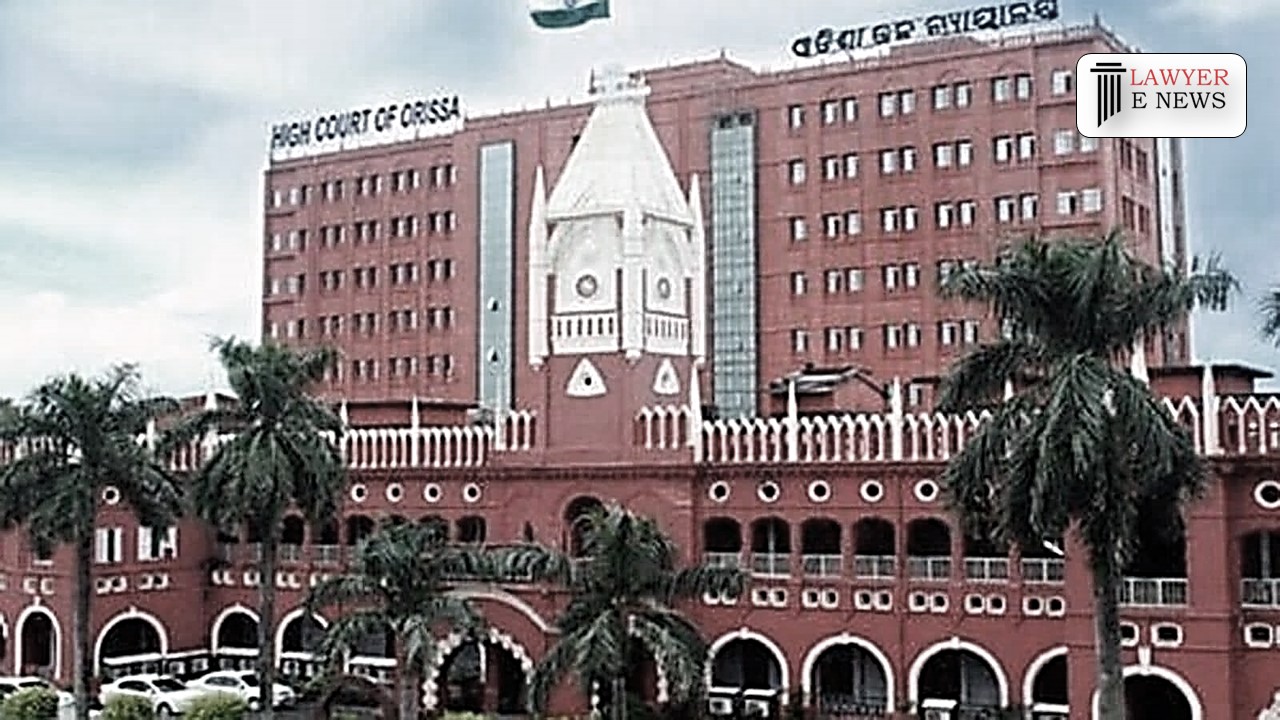-
by Admin
15 February 2026 2:16 AM



In a significant ruling on July 20, 2023, the High Court of Orissa held that magistrates do not have the jurisdiction to cancel bail granted under Section 436 of the Criminal Procedure Code (Cr.P.C.). The decision came in the case of Chinmaya Sahu v. State of Orissa (CRLMC No. 2452 of 2023) where the petitioner sought to challenge the order cancelling his bail bond.
Justice Sashikanta Mishra, presiding over the bench, delivered the judgment and emphasized the need to follow principles of natural justice. The court held that the accused must be given an opportunity to be heard before their bail is cancelled. The maxim "audi alteram partem" was invoked to underscore this point.
In the present case, the petitioner was granted bail earlier under Section 436 of Cr.P.C. as the alleged offense was bailable. Subsequently, the investigating officer added higher offenses under Sections 420, 465, 467, 471, 409, and 120-B of the Indian Penal Code (IPC) during the course of the investigation. Following this, the IO sought the cancellation of the bail, which led to the impugned order.
However, the court observed that the power to cancel bail granted under Section 436 of Cr.P.C. does not lie with the magistrate. The relevant power is vested with the High Court or the Court of Session under Section 439(2) of Cr.P.C. The impugned order was, therefore, found to be without jurisdiction and was quashed.
Mr. B.P. Pradhan, the advocate representing the petitioner, argued that the magistrate lacked the authority to cancel bail granted under Section 436. He cited relevant precedents, including P.K. Shaji @ Thammanam Shaji v. State of Kerala (2005) 13 SCC 283 and Gurdev Singh and another v. State of Bihar and another (2005) 13 SCC 286, to support his contention.
The court referred to the earlier cases of Madhab Chandra Jena and another v. State of Orissa (63 (1987) C.L.T. 226) and Kalia v. State of Orissa ((1999) 17 OCR 398) where a similar view was taken, confirming that the magistrate's jurisdiction to cancel bail granted under Section 436 lies with the higher courts.
This judgment serves as an important precedent clarifying the scope of the magistrate's authority in matters of bail cancellation and reaffirms the necessity of adhering to principles of natural justice in criminal proceedings.
Date of Decision: 20th July 2023
Chinmaya Sahu vs State of Orissa
